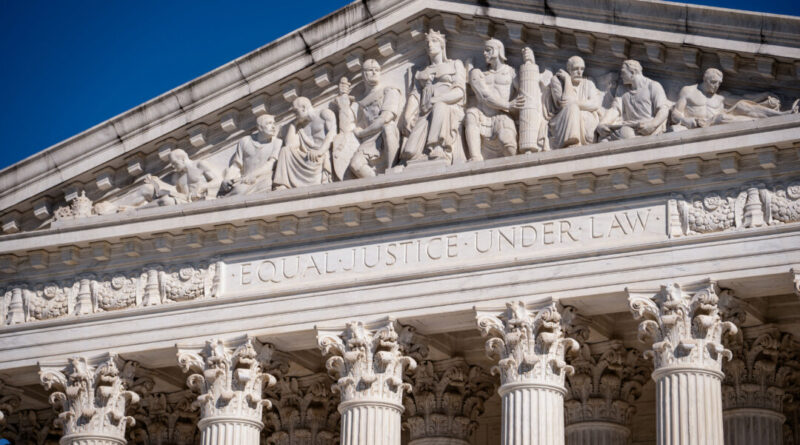Supreme Court Declines to Hear Navarro’s Argument on Presidential Immunity for Emails
The D.C. Circuit previously determined that the federal government had the right to sue for the recovery of emails from a personal email account belonging to a former aide of Trump.
On December 16, the U.S. Supreme Court denied former Trump White House official Peter Navarro’s request to review a lower court’s ruling that mandated he hand over presidential records from the first Trump administration.
On December 4, President-elect Donald Trump announced that he would appoint Navarro as a trade adviser in his forthcoming administration.
Navarro held the position of director of the National Trade Council from January to April 2017, until it was disbanded. Subsequently, he served as the director of the Office of Trade and Manufacturing Policy from April 2017 until January 2021.
Congress found Navarro in contempt for failing to comply with a subpoena issued by the House committee investigating the January 6, 2021, breach of the U.S. Capitol. He declined to provide records from the first Trump administration, claiming that Trump had asserted executive privilege, a claim that was rejected by the courts.
Navarro received a four-month prison sentence, describing his conviction as an instance of the “partisan weaponization of the judicial system.”
Referencing the Presidential Records Act, which mandates the retention of presidential documents, the National Archives and Records Administration (NARA) requested that Navarro return the presidential records from the first administration that he kept in his private email account. However, he declined to comply. NARA subsequently filed a lawsuit under a D.C. “replevin” statute, enabling a plaintiff to seek the return of wrongfully possessed property.
Navarro contended that the federal government could not invoke the D.C. law because it was not permissible under the Presidential Records Act.
The circuit court noted that Navarro’s attorneys acknowledged that “approximately 200 to 250” of his personal emails were presidential records, but they refrained from providing the documents “without assurance that the records would not be utilized in Navarro’s unrelated criminal prosecution for contempt of Congress.”
The court stated that Navarro’s claims “lack merit under established legal precedent.”
In its role as a property owner, the federal government possesses “the same right … as other parties” to “initiate lawsuits to … safeguard [its] property,” and the replevin remedy is “an appropriate method” for the government to pursue.
Navarro argued that he deserved presidential immunity and aimed to “prevent” the documents from being used “against him in the ongoing criminal case.” In response, the federal government lodged a lawsuit against him in August 2022 under the D.C. statute.
The NARA lawsuit is expected to proceed in the lower courts for the foreseeable future.
Trump is slated for inauguration on January 20, 2025. The new administration may elect to alter its approach regarding the litigation.




